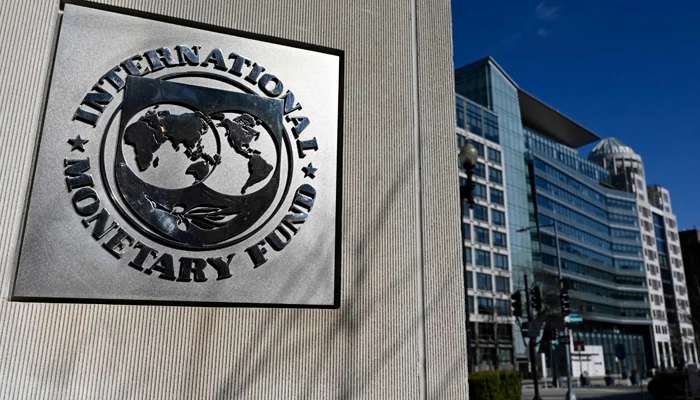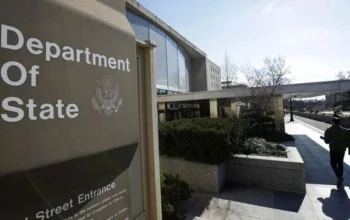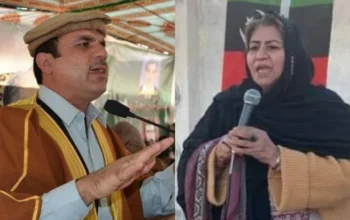ISLAMABAD: The International Monetary Fund (IMF) has raised objections over a breach of continuous performance criteria under the $6 billion Extended Fund Facility (EFF) where Islamabad was bound that it would not “impose or intensify import restrictions for balance of payments purposes”.
Under the performance criteria, it was agreed that during the programme period, Pakistan will not impose or intensify restrictions on the making of payments and transfers for current international transactions, introduce or modify multiple currency practices (MCPs) excluding those arising from the introduction and/or modifications of the multiple-price foreign exchange auction system operating in line with IMF staff advice with the objective of supporting flexible market-determined exchange rate, conclude bilateral payment agreements that are inconsistent with Article VIII of IMF Articles of Agreement, and impose or intensify import restrictions for balance of payments purposes.
According to sources, the IMF raised objections over the government’s move to impose a ban on the import of luxury items as it publicly announced that it would help reduce import bill by $4 to $6 billion per annum.
The World Trade Organisation (WTO) and the IMF opposed moves to restrict trade and create any kind of distortions in the trade regime.
There is a defined criterion for placing temporary restrictions on those countries facing a severe balance of payment crises. The IMF also objected that the government moved ahead just prior to the initiation of scheduled talks with the Fund mission and preferred to move ahead without proper consultations.
Pakistan needs Rs1.4tr in subsidies
Pakistan requires Rs1,416 billion in subsidies for keeping the petroleum prices unchanged on an annual basis at the prevalent existing prices in the international market, the International Monetary Fund (IMF) estimated, noting that Islamabad has to reverse fuel subsidies for achieving fiscal prudence.
According to the publication, the government requires a subsidy of Rs139 billion on a per annum basis for electricity.
“The government has agreed to hike POL and electricity prices in a staggered manner and hiking of POL products and electricity prices will be finalised during the policy-level discussions between Minister for Finance Miftah Ismail and the IMF mission chief talks in Doha (Qatar) next week,” top official sources confirmed while talking to The News.
Cash bleeding power sector
On the cash bleeding power sector, the government is considering hiking power tariffs for all those consumers who are using electricity units of more than 300 units on monthly basis.
The full cost of recovery from the users of over 300 units is under consideration but the government is contemplating options to reduce political cost attached to the implementation of this proposal, said the official.
For the revival of stalled $6 billion programmes of the IMF, Pakistan has been left with no other options but to hike the POL and electricity prices because the fiscal prudence did not allow the continuation of unfunded subsidies for the next fiscal year. The government will have to place a targeted subsidy for selected segments of the society.



